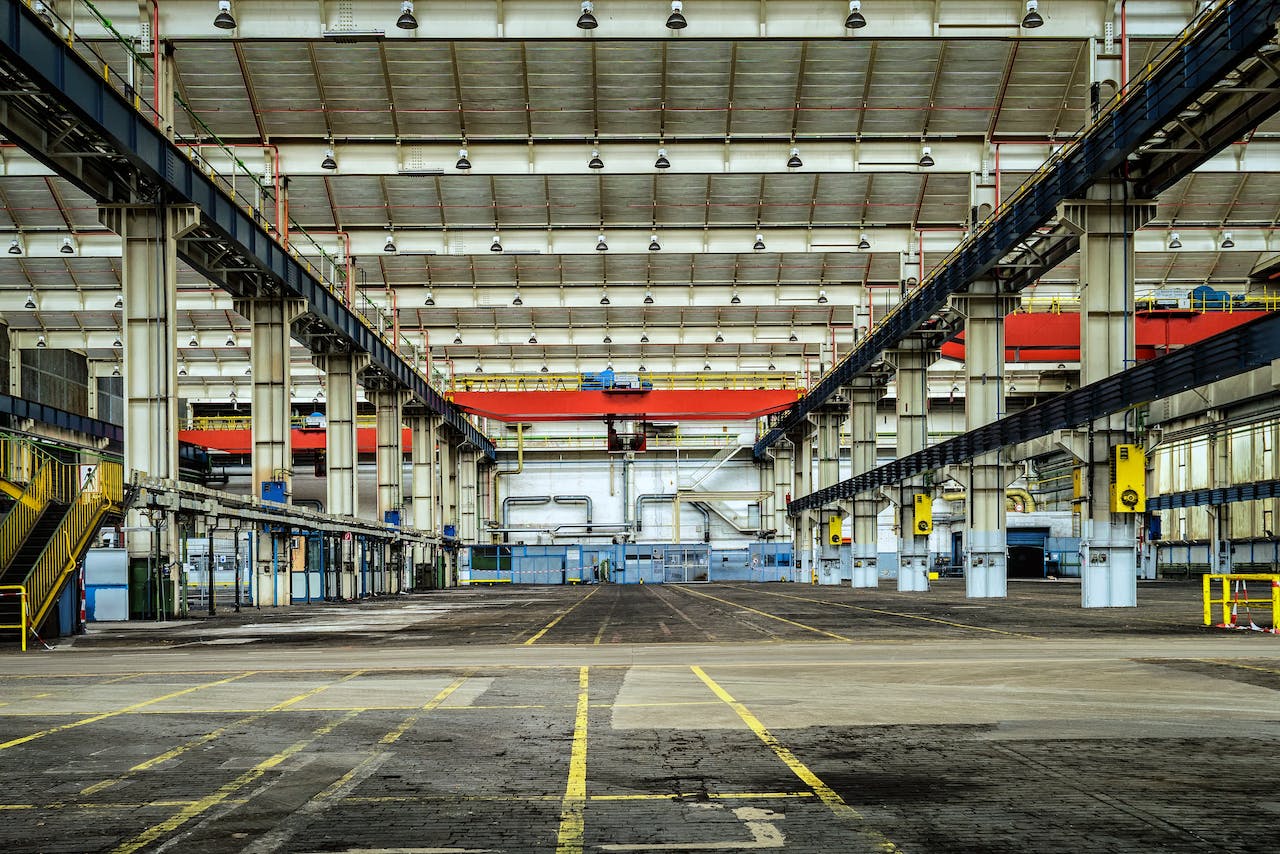Streamlining Warehouse Operations: The Role of Advanced Pallet Wrappers
In the ever-evolving landscape of supply chain and logistics, businesses are constantly seeking ways to enhance efficiency and reduce operational costs. One often overlooked aspect that plays a crucial role in warehouse optimization is the pallet wrapping process. Pallet wrappers, though seemingly mundane, are instrumental in ensuring the integrity and stability of shipments. In this blog post, we explore the significance of advanced pallet wrappers and their impact on streamlining warehouse operations.
The Foundation of Efficient Supply Chains
Warehousing is the cornerstone of any supply chain, and the efficiency of warehouse operations directly influences the overall success of the logistics process. Pallet wrapping, a critical component of the packaging stage, is responsible for securing goods on pallets for safe transportation. Traditional methods often involve manual labor and can be time-consuming, leading to bottlenecks in the workflow.
The Evolution of Pallet Wrapping Technology
In recent years, technological advancements have revolutionized the pallet wrapping landscape. Automated pallet wrappers have emerged as game-changers, offering a range of benefits that contribute to increased efficiency and reduced labor costs. These machines are equipped with features such as programmable settings, variable wrapping patterns, and automatic film cutting, eliminating the need for manual intervention.
Enhanced Stability and Product Protection
One of the primary advantages of an advanced pallet wrapper is its ability to provide superior load stability. These machines use precise tension control and wrapping patterns to ensure that the film is applied uniformly, preventing shifting or damage during transit. This not only reduces the risk of product damage but also minimizes the likelihood of accidents within the warehouse.
Cost Savings Through Automation
Automation in pallet wrapping translates to significant cost savings for businesses. By reducing the reliance on manual labor, companies can reallocate resources to more value-added tasks. Moreover, automated pallet wrappers optimize film usage, minimizing waste and further contributing to cost-effectiveness. The initial investment in advanced pallet wrapping technology quickly pays off through long-term operational efficiencies.
Environmental Sustainability
In addition to cost savings, advanced pallet wrappers contribute to environmental sustainability. The ability to optimize film usage reduces plastic waste, aligning with the growing emphasis on eco-friendly business practices. Many modern pallet wrapping machines also allow for the use of recyclable and biodegradable films, providing businesses with the option to make environmentally conscious choices in their packaging processes.
Integration With Warehouse Management Systems (WMS)
To achieve maximum efficiency, advanced pallet wrappers can be seamlessly integrated with warehouse management systems. This integration enables real-time monitoring of the wrapping process, allowing for data-driven decision-making. Managers can track film usage, identify potential bottlenecks, and make adjustments to optimize the entire workflow. This level of visibility enhances overall warehouse control and contributes to a more responsive and adaptive supply chain.
In conclusion, the role of advanced pallet wrappers in streamlining warehouse operations cannot be overstated. As businesses strive to meet the increasing demands of a competitive market, investing in modern pallet wrapping technology proves to be a strategic move. The benefits, ranging from enhanced stability and product protection to cost savings and environmental sustainability, position automated pallet wrappers as indispensable tools in the modern warehouse. Embracing these advancements not only streamlines day-to-day operations but also future-proofs businesses in an era where efficiency and sustainability are key drivers of success.











Leave a Reply
Want to join the discussion?Feel free to contribute!